Self-efficacy, Peer Pressure and Gender as Predictors of Altruism among Adolescents
₦3,000.00
If you are interested in getting this project material “Self-efficacy, Peer Pressure and Gender as Predictors of Altruism among Adolescents”, click on the DOWNLOAD BUTTON to make payment and the file will be delivered to your email immediately after confirmation.
Description
Download Self-efficacy, Peer Pressure and Gender as Predictors of Altruism among Adolescents. Psychology students who are writing their projects can get this material to aid their research work.
Abstract
The study investigated self-efficacy, peer pressure and gender as predictors of altruism among two hundred and eighty-eight (288) Secondary School students of Learning Field International Secondary School, Our Lady High Secondary School and In Land Doors Secondary School all in Onitsha, Anambra State.
They consisted of one hundred and fifty-six (156) males and one hundred and thirty-two females aged 12-17 years with mean age of 14.5 years.
Three instruments were used in this study: General Self-efficacy scale, Peer Pressure Inventory and Altruism Scale. The purpose of the study was to examine whether self-efficacy, peer pressure and gender have predictive ability over altruism. It was hypothesized that: Self-efficacy would not significantly predict altruism among adolescents.
Peer pressure would not significantly predict altruism among adolescents. Gender differences would not significantly predict altruism among adolescents.
To test the hypotheses, linear regression analysis was used for data analysis and showed a significant effect of one predictor variable: Self-efficacy (b = 1.11, p<.001) and no significant effect of the other predictor variables: peer pressure and gender on altruism, the dependent variable.
Introduction
Altruism is the selfless concern for the welfare of other. It is a traditional virtue in many cultures, and central to many religious traditions. In English, this idea was often observed as the Golden Rule of Ethics. Some newer philosophies (egoism) have criticized the concept, that there is no moral obligation to help others.
Altruism is the opposite of selfishness. Altruism is a costly activity that profits others (Schwitzgebel & Rust, 2009; Chartopadhyay, 1999). Schulz, (2011) described altruistic behaviour as an end in itself, not directed at gain emitted voluntarily and doing well.
Lamm, Batson, and Decety, (2007) saw altruistic behaviour as a donor’s attempt to maximize the pleasure of the recipient. Altruism, according to Bassey and Eze (2005), has been given different names such as helping behaviour, pro-social and epimelectic behaviour and like some other psychological concepts.
Its definition has remained controversial and equivocal. However, Baron and Byrne (2000) referred to altruism as the possession of behaviour that entails an unselfish concern for the welfare of others but has no obvious benefit for the person who carries out the action and sometimes even involves risks.
How to Download this Project Material
First, note that we are one of the best and most reliable online platforms because we don’t retain any of your personal information or data as regards making payments online.
PRICE: ₦3,500 ₦3,000 (Three Thousand Naira Only)
Make a bank deposit or mobile transfer of ₦2,000 only to the account given below;
Bank Name: UBA Account Number: 1022564031 Account Name: TMLT PRO SERVICES
After making the payment, CLICK HERE to send the following on WhatsApp;
- Depositor’s Name or Screenshot of Payment
- Name of the Past Question
- Active Email Address
or Call Us On +2348082284439 Once your details have been received and your payment confirmed by us, you will receive the past question in your email or WhatsApp within 5 Minutes.
Guarantee of Getting the Material
We understand that due to the high rate of fraud, many people are afraid of making purchases online but be rest assured that PastExamQuestions will deliver your material after payment.
Once your details have been received and your payment confirmed by us, you will receive the past question in your email or WhatsApp.
Give us Feedback
Have we been able to satisfy you? How well do you think the material will be helpful after having gone through it? Does the price worth the material?
Let’s hear from you! We recommend that our customers give feedback at the end of every transaction to enable us to serve better. You can do this by clicking the review button on this page.
Where is the review button? >> Just scroll up to where you see reviews
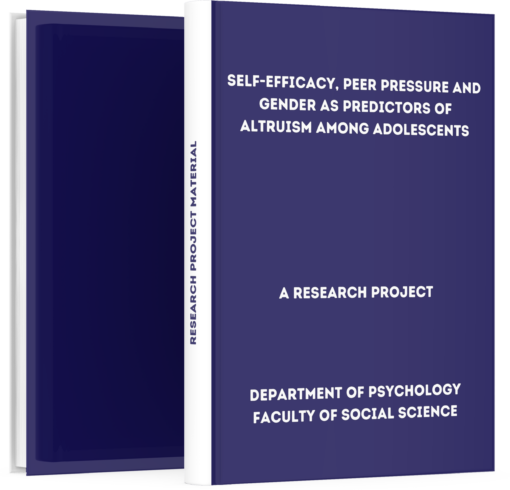
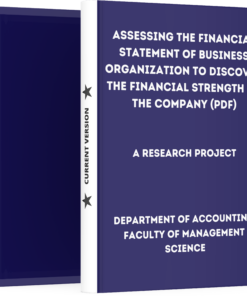
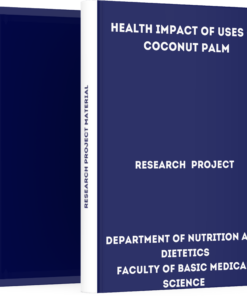
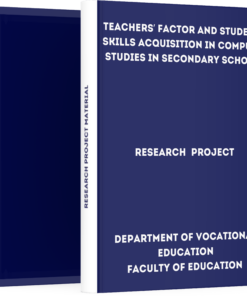
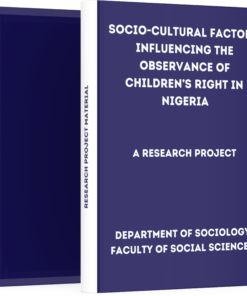
Reviews
There are no reviews yet.